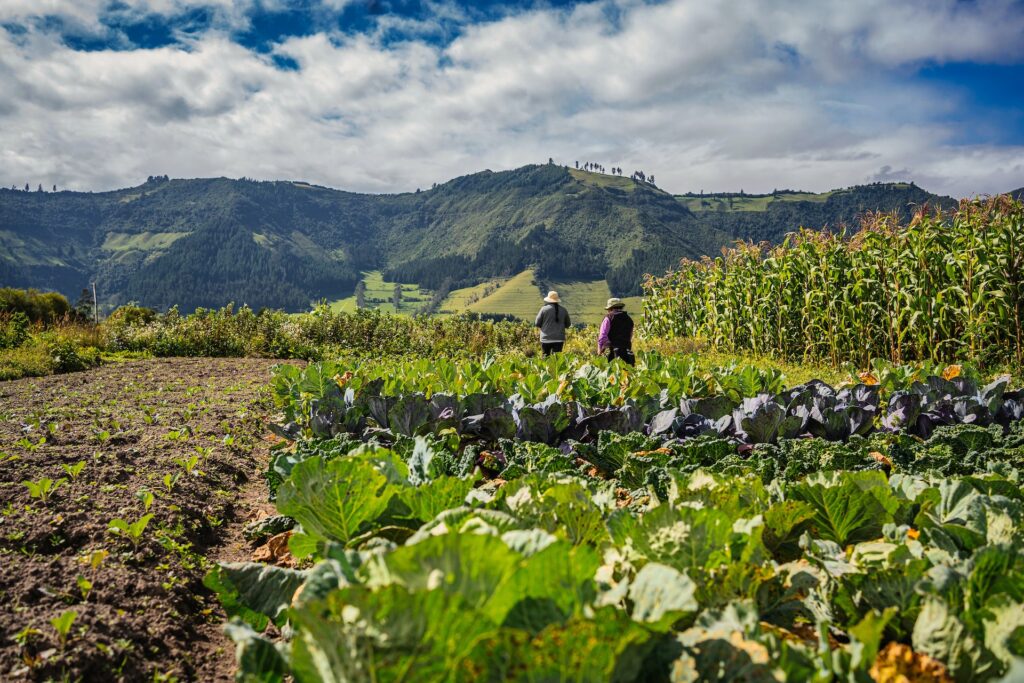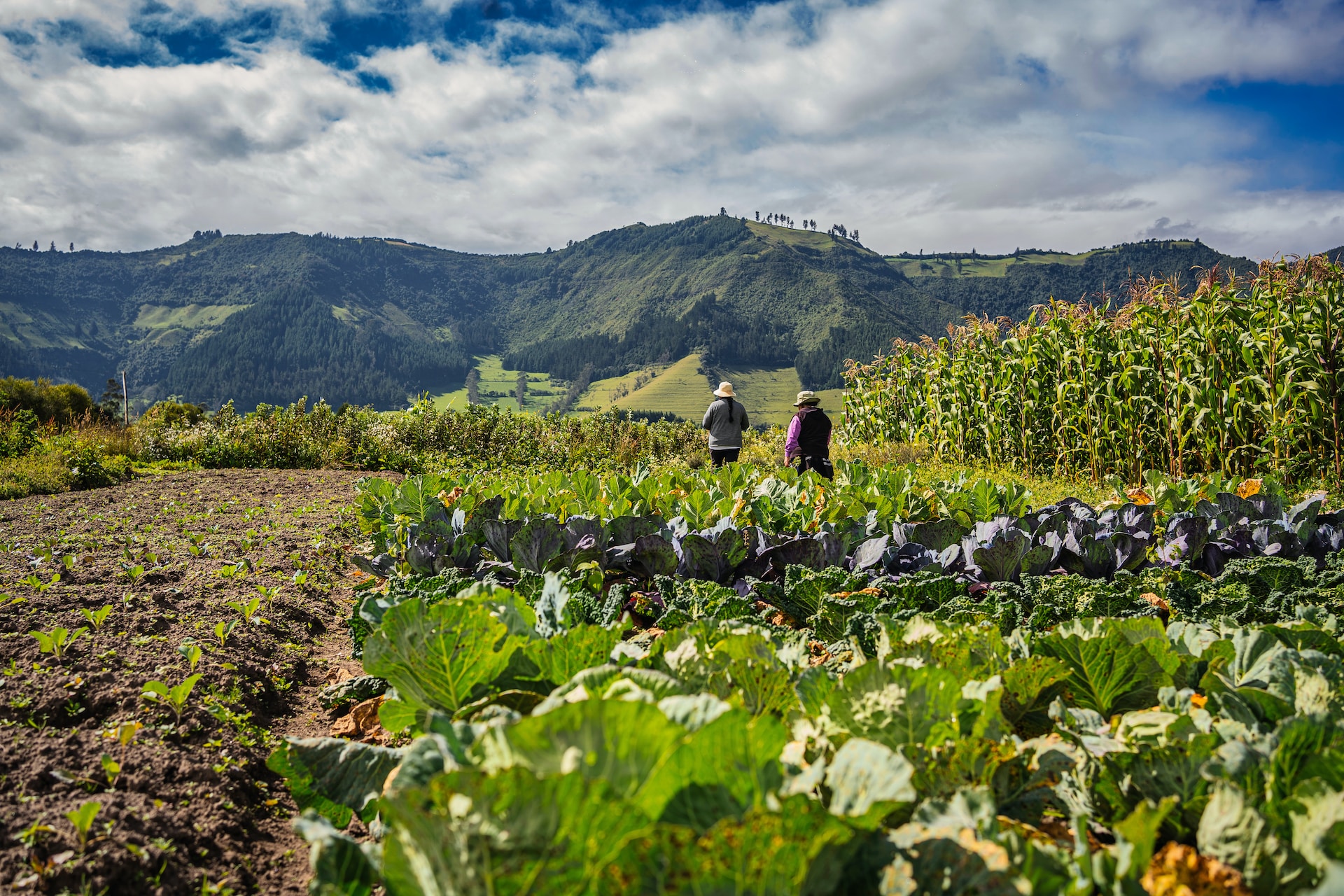Format: In-person and live-streamed
Date: Tuesday, 19 September 2023
Time: 10:00-12:00 EDT | 16:00-18:00 CEST
Location: Room 555, Lerner Hall, Columbia University, New York
What if the hundreds of billions a year that the world spends on agricultural support policies that result in harmful environmental impacts and have fallen short in protecting people and the planet were redirected to support sustainable farming practices, healthy consumption, and inclusion of smallholder farmers?
Join us during the New York Climate Week for an interactive discussion on the benefits and trade-offs policymakers must consider to design agricultural support policies that can ensure an inclusive, health-enhancing, and environmentally sustainable food system.
This event will be in-person and live-streamed, and run from 10:00-11:30, with coffee from 11:30-12:00.
Panelists:
Richard Damania, Chief Economist, Sustainable Development Practice Group, World Bank
Jessica Fanzo, Professor of Climate and Director of Food for Humanity Initiative, Columbia Climate School; and FSEC Commissioner
Mario Herrero, Professor, Department of Global Development, College of Agriculture and Life Sciences; and Director of Food Systems and Global Change, Cornell University
Tianna Kennedy, co-owner of Star Route Farm and The 607 CSA, a founding member of the Catskills Agrarian Alliance, and Chair of the Catskills Chapter of the National Young Farmers Coalition (NYFC)
David Laborde, Director of the Agrifood Economics Division, Food and Agriculture Organization of the United Nations (FAO)
Danielle Resnick, Non-Resident Fellow, International Food Policy Research Institute (IFPRI); David Rubenstein Fellow, Brookings Institution, Global Economy and Development Program
Co-Organisers:
Food Systems Economics Commission (FSEC)
Columbia Climate School
International Food Policy Research Institute (IFPRI)

